I am lecturing at a local university to a hall full of music students. One of them stands and asks, “What do you do when you hit a creative road block and can’t move forward in the work you are composing?”
I hesitate, and smile. “Take a nap!” A wave of laughter shimmered through the audience, then applause. “No really. Take a nap, go on a walk, bake some cookies.”
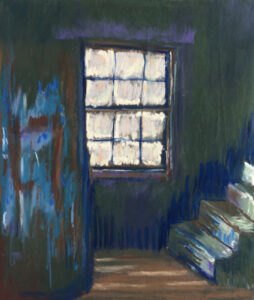
There are many times in the composing process when I am at a standstill. I sit with pencil in hand, poised over the staff paper. Suddenly I find myself sorting through bills and filing letters instead. I tackle the garden, removing vines and poison ivy. My lawn, usually a tangle of clover and violets, is now in neatly mowed rows. I take long rambling walks in the woods with my little dogs. I make myself tea and stare out the window.
Ah, procrastination, I recognize you – my old nemesis! You used to make me doubt my capacity to move forward. Now, you are signal that I am not quite ready to compose and can relax a bit. Procrastination is part of the process.
Still, progress is bumpy and halting. So finally – finally, I take a nap.
Sleep is amazing not only in its restorative power, but in it’s function to leave my brain space to do it’s work. When undistracted by my conscious clutter, my brain organizes, sorts and stores information. More importantly, it somehow simplifies the problem, sweeping away the undergrowth to make the path clearer. I wake rested, perhaps not completely ready to move forward, but on my way.
It has taken me years to develop a good creative practice, and even then it is sometimes hit or miss. I have learned be curious instead of worried, to trust my process (it has, after all, worked for over forty-five years) and to know that my mind continues working on problem while I am doing something else – and top of the list is napping. Dreaming is a special bonus.
In between times, I feed my music constantly; it is voracious. I read, journal and draw on a daily basis. I dance, garden and walk. I take ‘think weeks’ every three or four months – a week in a cabin somewhere, with my books and journals – to think and listen. And I sleep and dream, taking procrastination to bed with me.
Window, pastel by Tina Davidson, © 2018
Critical Acclaim for Davidson’s memoir, Let Your Heart Be Broken“The real music here is in the words, which cascade across these pages wit h a gentle, precise rhythm that is reflected in Davidson’s luminous musical scores. Let Your Heart Be Broken is not the story of a solitary artist obsessed with a craft, but rather of the life that informs the art: a humanistic, worldly spirit, creating beauty amid an often-maddening yet ever-hopeful world.”
h a gentle, precise rhythm that is reflected in Davidson’s luminous musical scores. Let Your Heart Be Broken is not the story of a solitary artist obsessed with a craft, but rather of the life that informs the art: a humanistic, worldly spirit, creating beauty amid an often-maddening yet ever-hopeful world.”
– Broad Street Review
FOLLOW TINA DAVIDSON Facebook Instagram
ORDER Let Your Heart Be Broken
https://www.amazon.com/Let-Your-Heart-BrokenClassical/ dp/1633376966/?fbclid=IwAR3BU-_ UMhxivpy4A3mnPFttpYpiyLae RdD0H HQnsVZwUjYeE7K2Lshse6M
Sign up for Davidson’s Newsletter
Email Contact
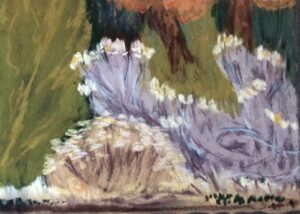
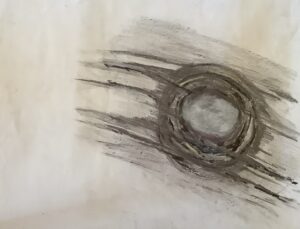 March 31
March 31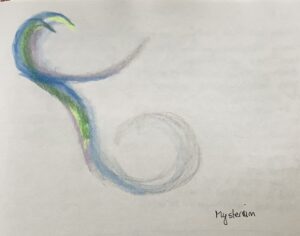
 A few days up at the Charles Ives Center for the Performing Arts gives me relief. I am in residence with musician, composer, and maverick
A few days up at the Charles Ives Center for the Performing Arts gives me relief. I am in residence with musician, composer, and maverick 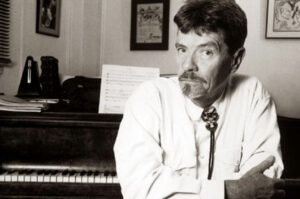 piece is a voyage of technical manipulations involving tape delay and difference tones – those haunting resonances that appear when certain pitches rub against each other.
piece is a voyage of technical manipulations involving tape delay and difference tones – those haunting resonances that appear when certain pitches rub against each other.
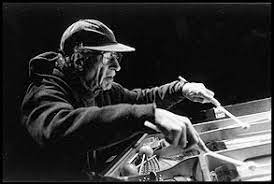

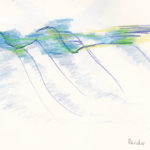 Listen: Render, for string quartet was commissioned for the Cassatt String Quartet
Listen: Render, for string quartet was commissioned for the Cassatt String Quartet